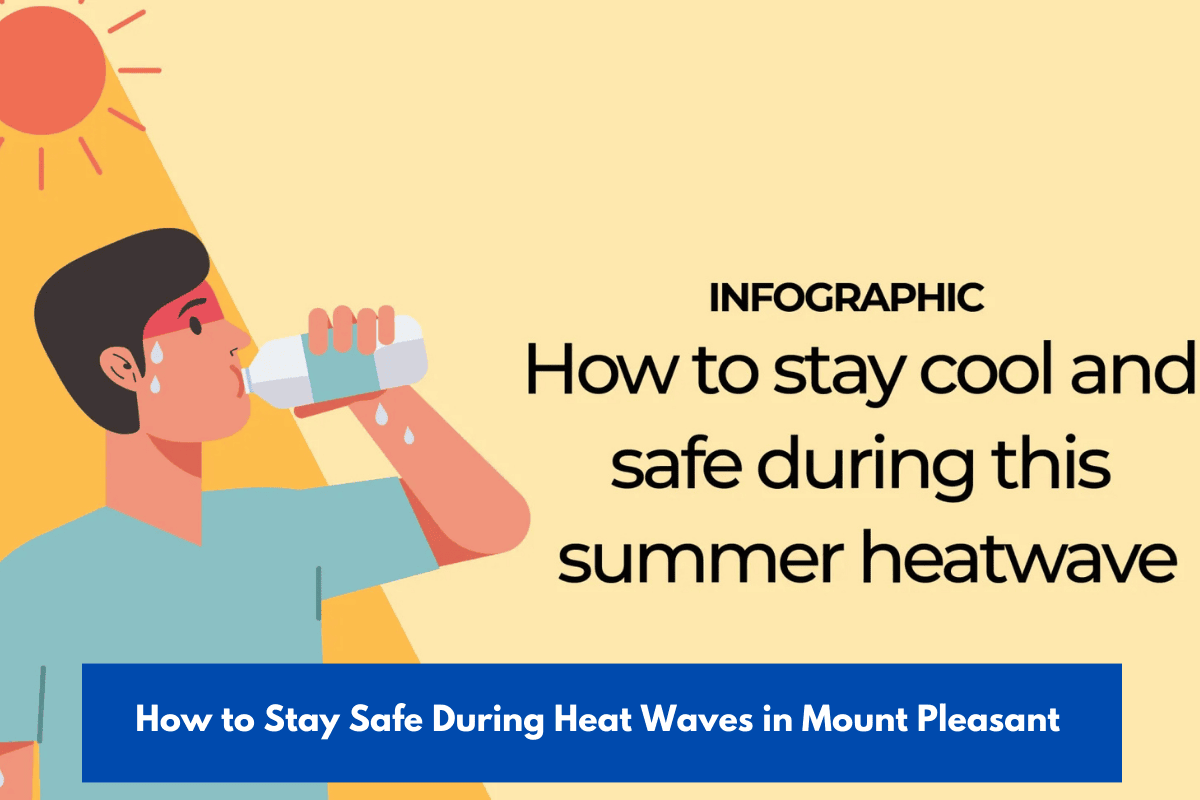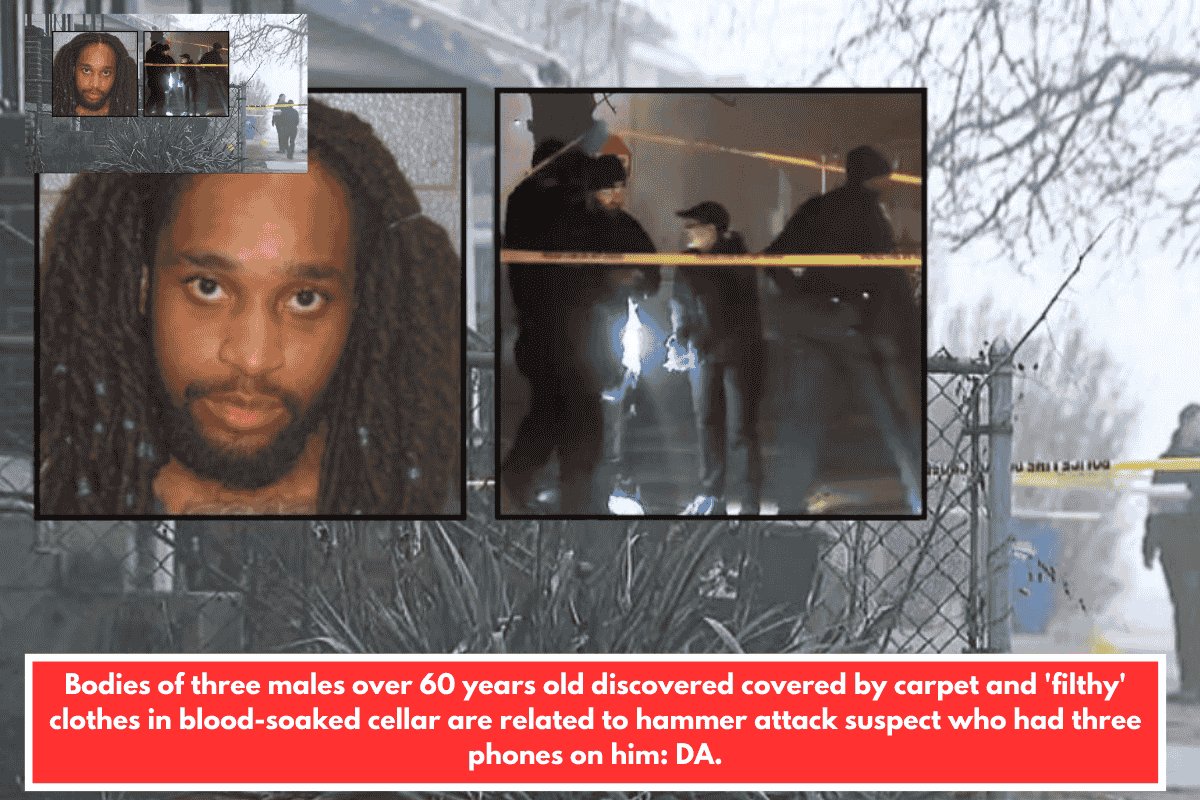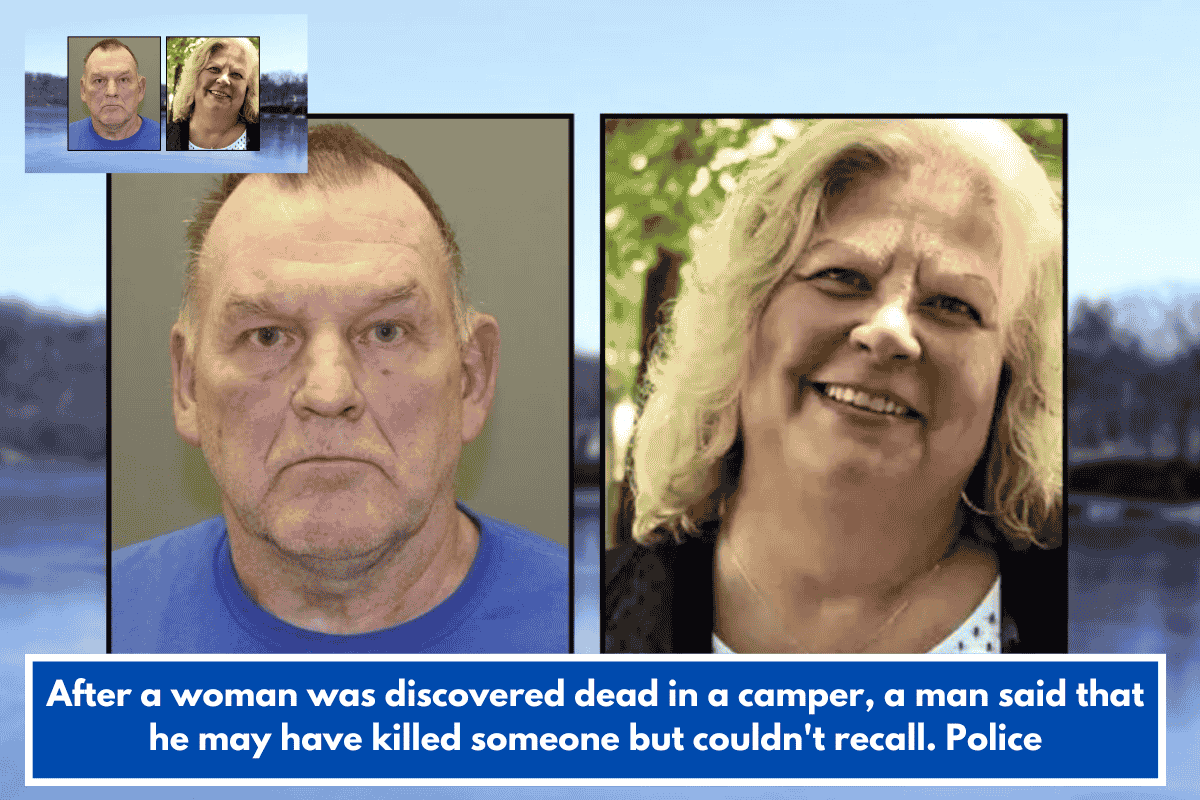To stay safe during heat waves in Mount Pleasant, it’s essential to take practical steps to avoid heat-related illnesses and protect vulnerable community members.
Key Safety Tips
Stay Hydrated: Drink plenty of water throughout the day, even if not thirsty. Include drinks with electrolytes if sweating heavily, and avoid caffeine or alcohol which can dehydrate.
Seek Air Conditioning: Spend time indoors in air-conditioned spaces. If your home lacks AC, visit public libraries, shopping centers, or official cooling centers during the hottest hours.
Dress Smart: Wear lightweight, loose, and light-colored clothing. Use hats, sunglasses, and sunscreen when going outdoors.
Limit Outdoor Activities: Avoid strenuous exercise or outdoor work between 10 a.m. and 4 p.m., the hottest part of the day. Take frequent breaks in the shade if outside.
Never Leave Kids or Pets in Cars: Temperatures in vehicles rise quickly and can be deadly, even with windows cracked open.
Check on Neighbors: Regularly check on elderly family, friends, and neighbors, especially those without AC or mobility, as they’re more vulnerable during heat waves.
Recognize Heat Illness
Symptoms to Watch For: Dizziness, nausea, confusion, headache, rapid heartbeat, and excessive sweating may signal heat exhaustion or heat stroke.
Act Quickly: Move to a cooler place, hydrate, and seek medical attention if symptoms are severe or worsen.
Prepare Ahead
Stay updated with local weather alerts and advisories.
Plan outdoor activities for early morning or evening when it’s cooler.
Eat well-balanced, light meals and avoid heavy foods.
By following these steps, Mount Pleasant residents can reduce their risk and help others during dangerous heat waves.
SOURCES
[1](https://www.gavi.org/vaccineswork/how-stay-safe-during-heat-waves-and-heat-stroke-warning-signs-watch)
[2](https://dph.sc.gov/news/south-carolina-gears-heat-safety-week-temperatures-rise)
[3](https://www.citadel.edu/ssm/climate-center/lowcountry-heat-action-plan-toolkit/lowcountry-heat-challenge/)
[4](https://www.redcross.org/get-help/how-to-prepare-for-emergencies/types-of-emergencies/extreme-heat-safety.html)
[5](https://climatecheck.com/southcarolina/mount-pleasant)














